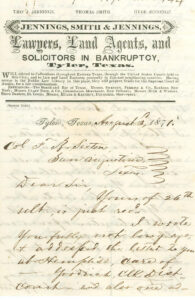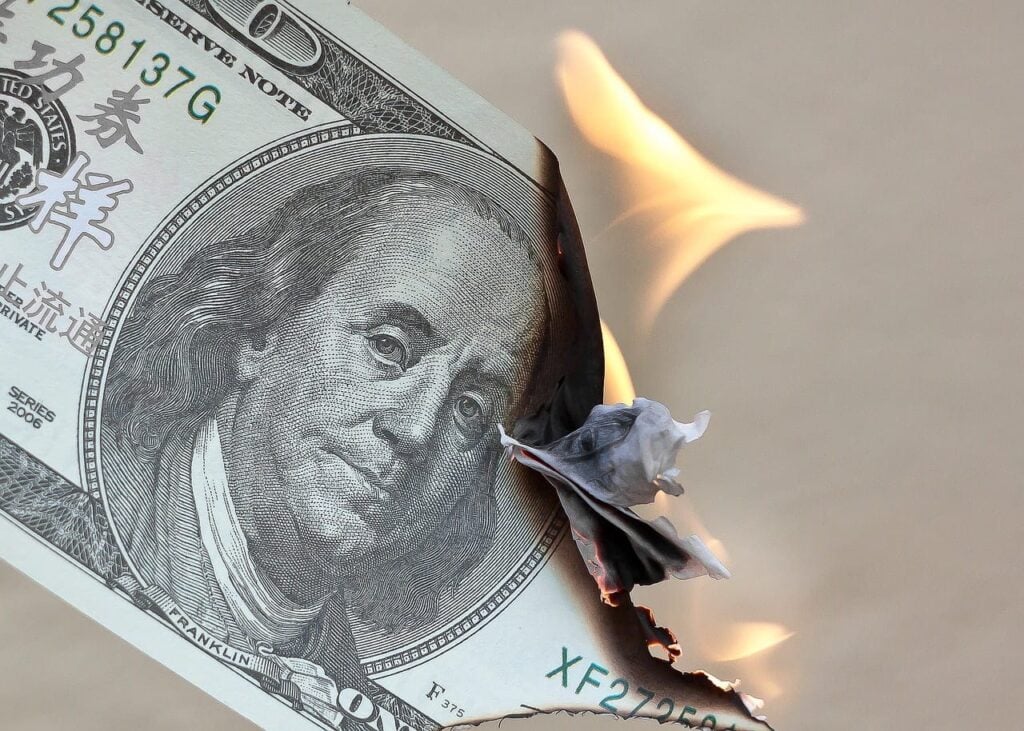When a company is experiencing significant financial difficulties, the prospect of receivership or liquidation proceedings may become a reality. Even before such proceedings are officially opened by the court, a critical and often little-known phase begins: the suspect period. This period is not insignificant. Decisions taken, contracts signed and payments made during this period may be called into question at a later date, with sometimes serious consequences for the company and its partners. It is therefore vital for all managers, as well as creditors and co-contractors, to understand what the suspect period is, how it is determined, which acts are particularly targeted and why their possible annulment is a major issue. This article provides an overview of this key concept.
What is the suspect period?
Imagine a delicate period of time, just before the formal intervention of the courts in the affairs of a company in difficulty. This is essentially the suspect period. More precisely, it corresponds to the time interval between the date of cessation of payments and the date of the judgment initiating the proceedings receivership or compulsory liquidation.
The "cessation of payments" is the point at which the company finds itself unable to meet its current liabilities (its debts that have fallen due) with its available assets (its cash and what can be rapidly converted into cash)as defined in article L. 631-1 of the French Commercial Code. This is not just a temporary difficulty, but a structural financial blockage.
Why is this period described as "suspect"? Because during this phase, when the director knows (or should know) that the company is in serious difficulty, he could be tempted to take decisions that are detrimental to all the creditors.. For example, favouring a friendly creditor by paying him before the others, selling off assets, granting last-minute guarantees on the company's assets, or making gifts. The law views such actions with suspicion, because they can drain the company of its substance to the detriment of the creditors as a whole.
It should be noted that the suspect period only applies to receivership and liquidation proceedings. Safeguard proceedings, which are intended to take place before the cessation of payments, do not have a suspect period, except in the case of subsequent conversion..
How is the date of cessation of payments determined?
The date on which payments cease is the starting point for the suspect period. Setting this date is therefore a crucial step. It is the court that sets this date when it opens the reorganisation or liquidation proceedings..
Often, the court lacks precise information at the outset and provisionally sets the date for the day of its judgment.. However, this date may subsequently be revised. Legal representatives (administrator, judicial representative) or the public prosecutor may ask the court to postpone the date of cessation of payments to an earlier date.if they discover evidence that the structural difficulties had arisen earlier.
However, this deferral is limited in time. Except in cases of fraud, the court may not set the date of cessation of payments for more than 18 months before the date of the opening judgment. This limit is intended to protect older transactions and ensure a degree of legal certainty.
Which acts are at risk of cancellation? An overview
Not all actions taken during the suspect period are automatically challenged. The law distinguishes between two main categories of acts that may be annulled:
- Legal nullities : These are acts that the law considers to be intrinsically abnormal or prejudicial when carried out by a company that is already in suspension of payments. They are almost automatically annulled if the conditions are met. They include gifts or gratuitous acts, contracts that are highly unbalanced to the detriment of the business, certain payments (those made before the debt is due or by unusual means), and the creation of guarantees (such as a mortgage) for debts that already existed before the guarantee was given. For a detailed analysis of these specific acts, see our article on automatically cancelled acts.
- Optional nullities : These actions are perfectly normal in themselves (a sale at the right price, payment on the due date by bank transfer, etc.). However, they can be annulled by the court if it is proven that the co-contractor (the person who dealt with the company in difficulty) was aware of the suspension of payments at the time of the act. It is this knowledge that makes the deed potentially voidable, as the partner is suspected of having taken advantage of the situation. This applies to normal payments, ordinary deeds for valuable consideration and even certain enforcement measures such as bank account seizures. To understand the precise conditions for these cancellations, please refer to our explanation of optional nullities.
Why is the annulment of these acts important?
The annulment of acts performed during the suspect period has two main objectives:
- Rebuilding the company's assets : By cancelling a sale at a loss, a donation or a preferential payment, the assets or sums of money are returned to the company's assets. These reconstituted assets can then be used either to finance a recovery plan or to pay creditors more fairly in the event of liquidation.
- Protecting equality between creditors : The purpose of the suspect period is to prevent a creditor who is better informed or quicker from being paid or secured to the detriment of others. Cancellation restores a form of equality in the face of the company's difficulties.
For the contracting party whose contract is annulled, the direct consequence is often the obligation to return what he has received (the goods purchased, the sum of money received, etc.). His own claim may be revived, but he will have to declare it in the proceedings, with the risk of being paid very little, if at all, especially if he was a simple unsecured creditor. Details of the annulment procedure and its practical effects are discussed in our article on the definition, determination and legal actions relating to the suspect period.
The suspect period is therefore a complex but essential mechanism. Simply being aware of its existence and its potential effects should encourage caution when dealing with a company that you suspect may be in difficulty.
If you see yourself in this situation, whether as a manager or partner of a company in difficulty, don't hesitate to contact our firm to discuss your options and secure your interests.
Frequently asked questions
What is the "suspect period" in company law?
This is the period that elapses between the date on which a company is recognised as being in suspension of payments and the date of the judgment opening its receivership or compulsory liquidation.
Why are certain actions considered "suspect" before a receivership?
This is because there is a fear that the director, knowing that the company is in serious difficulty, will carry out transactions to empty the assets or favour certain creditors to the detriment of others.
When exactly does the suspect period begin?
It begins on the date set by the court for the cessation of payments (from the first hour of that day).
How long before the judgment can the suspect period go back?
In general, the court may not set the date of cessation of payments more than 18 months before the opening judgment, except in cases of fraud.
Are all actions taken during the suspect period cancelled?
No, not all of them. Some are almost automatically null and void (nullités de droit), while others may be null and void if the other party was aware of the cessation of payments (nullités facultatives).
What types of documents are most often cancelled during this period?
Gifts, very unbalanced contracts, payments of debts not yet due, payments by abnormal means, and guarantees given for old debts are often cancelled automatically. Normal payments or sales may be cancelled if the partner was aware of the difficulties.
What happens in practice if a deed is cancelled because of a suspect period?
The deed is erased as if it had never existed. Anyone who has received property or money must generally return it to the insolvency proceedings.
If I receive a payment during the suspect period, do I have to pay it back?
This is possible. If the payment is deemed abnormal, or if you knew that the company was in suspension of payments, the court may order that the sums be returned.
Does the suspect period exist in safeguard proceedings?
No, in principle. The safeguard is opened before the cessation of payments. A suspect period may only arise if the safeguard is later converted into a reorganisation or liquidation.
How do I know if my company is insolvent?
This is the lasting impossibility of paying current debts with available assets. If you have any doubts, a financial and legal analysis is necessary.
Who decides when the suspect period begins?
It is the court that opens the receivership or compulsory liquidation proceedings that sets the date of cessation of payments, the starting point for the suspect period.
Do I need a lawyer to deal with issues relating to the suspect period?
It is highly recommended. The rules are complex and the stakes are high, whether you are a manager, a creditor or a co-contractor. A lawyer with expertise in insolvency law can advise you and defend your interests.




